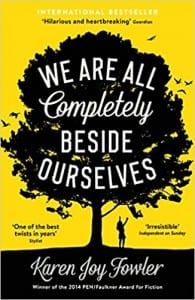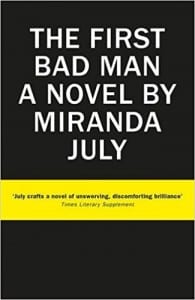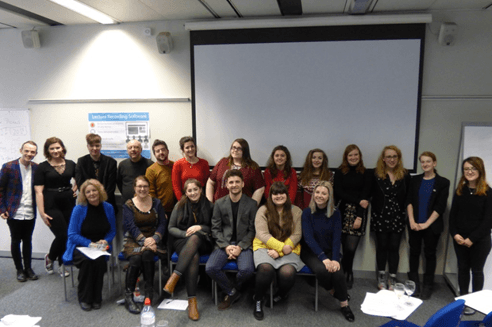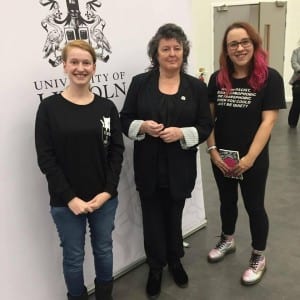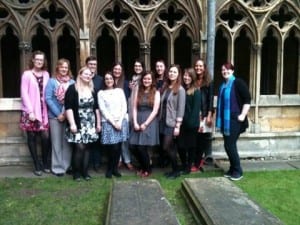How to Prepare for a Masters Interview
You made it! Your application was a success and you’ve been invited to an interview for a place on your chosen postgraduate course, but how should you prepare? We asked our current students for tips in preparing for an interview.
Discuss your Previous Studies.
It is important to show that you have an interest in the subject area for which you are applying. If your undergraduate degree isn’t directly relevant, still discuss it and how it can feed into your future studies. It is something you have spent at least three years working on, so demonstrating how you’ve developed your research skills and evolved from this is key.
You may be asked about your dissertation. If you haven’t completed it do not discuss it as if it is a finished piece. Tutors will know if your dissertation is incomplete so stating the contrary won’t bode well. However, you can still talk about your experience of writing your dissertation, and what your project is centred upon. This will give the interviewer an insight into your interests. One of our current students, Brenda, was returning to education after a break from studying, and told us that her dissertation was something she saw as essential to mention during her interview.
Dress to Impress
Especially if you are an external applicant, dressing smartly can show you’re serious about your application and helps to make a good first impression. It is an interview after all: try to avoid jeans or anything that could be seen as too informal. Also make sure what you’re wearing is practical and comfortable too so that you can feel as relaxed as possible during your interview.
Have an Awareness of the Course
Questions will likely include what attracted you to your chosen university and course. As such, it’s important to make sure you have an awareness of the programme and what it offers in terms of modules and the department staffs’ areas of research. You can then discuss modules you find interesting, or topics covered which match or support your subject interest. This will show the admissions tutors that you’ve done your research and have put consideration into your decision to study with them.
Strengths and Weaknesses
Another question you may be asked is regarding your strengths and weaknesses. It may be tempting to solely focus on the things you’re good at, but it can also be beneficial to discuss your weaknesses and how you try to improve these. One of our students Rebecca, spoke about how she tackled her weaknesses at her postgraduate interview:
‘When asked about my weaknesses, I stated that I felt I had low confidence and how I try and combat this. I organised several revision sessions and became course rep in my third year of my undergraduate degree in order to boost my confidence speaking in front of people, so I mentioned this at the interview to show how I have developed as an individual through my studies.’
Although this will be different for everyone, finding a way to turn your weaknesses around, and demonstrating how you have done this in an interview, shows development and a positive mindset.
What Do You Hope to Gain from Postgraduate Study?
The admissions team may also wonder why you have chosen to undertake postgraduate study. Be honest here, and tell them what you hope to gain from a postgraduate qualification, be it for employability, a desire to develop your interests further, or that you wish to continue on into academic study after your masters. The obvious answer of “I want to do a PhD” may not always be the best choice. Whilst academic goals beyond MA study are okay, the percentage of students who pursue academic PhDs and then secure positions within academia are low. This doesn’t mean this isn’t an option, but discussing non-academic career paths is also an option. You can visit our *student views page* to see what kinds of careers our graduates are working in.
Personal Statements
Your personal statement will have been read by the admissions team at this point. If it’s been a while since you wrote your statement be sure to give it a re-read to help with the answers to the interviewer’s questions. It is important to make sure that you do not contradict your statement too much, as this may cause some confusion.
If you wish to expand on anything in your statement, the interview will provide an opportunity for you to do this so make sure you are prepared to comment on anything you have written. You may find this opens up areas of discussion and provides a framework for your discussion.
Funding
Although it might be an issue you’d like to push to the back of your mind, the university will want to know how you realistically hope to fund your postgraduate study. Although loans are now available for this, this does not always cover the cost of tuition, accommodation and living expenses. Discussing how you plan to sustain yourself financially shows that you have taken the financial implications of postgraduate study seriously and are prepared for such a commitment.
Questions
As well as asking you various questions throughout your interview, your interviewers will give you the chance to ask questions about the university or programme. This is a great opportunity to clear up any queries you may have, so make sure you are prepared. Some topics you may wish to consider inquiring about include:
Timetabling – If it is a taught programme how are the contact hours scheduled?
Bursaries and Scholarships – If funding is a concern, it may be beneficial to find out what financial support is offered by the university.
Assessments – How are you assessed on the programme, and how is this weighted for your final grade?
Things to Consider & Further Information
It is also important to consider that many universities will conduct several applicant interviews on the same day, so there may be a delay between them receiving your application and your interview date.
For more information on postgraduate study see our blog posts on Choosing an MA Programme and Writing Personal Statements and Choosing References.
Have any questions for our current MA students? Let us know on Facebook or Twitter.
If you’d like more information about applying to study an English Programme at Lincoln you can contact the following for more information:
MA in English and MA in 21st Century Literature
Programme Leader: Rupert Hildyard – rhildyard@lincoln.ac.uk
Admissions Tutor: Renée Ward – rward@lincoln.ac.uk
MA in Creative Writing
Programme Leader: Phil Redpath – predpath@lincoln.ac.uk
Admissions
Find out more about the application process at Lincoln by visiting https://www.lincoln.ac.uk/home/studyatlincoln/postgraduateprogrammes/howtoapply/



